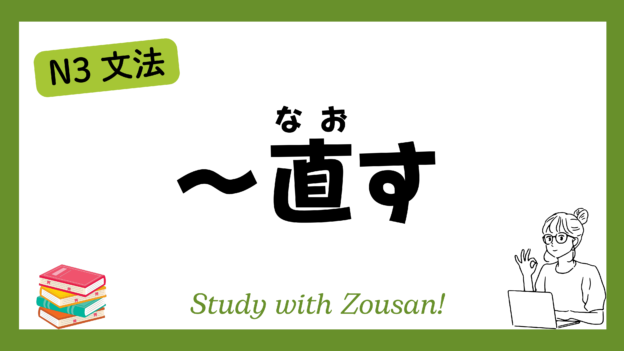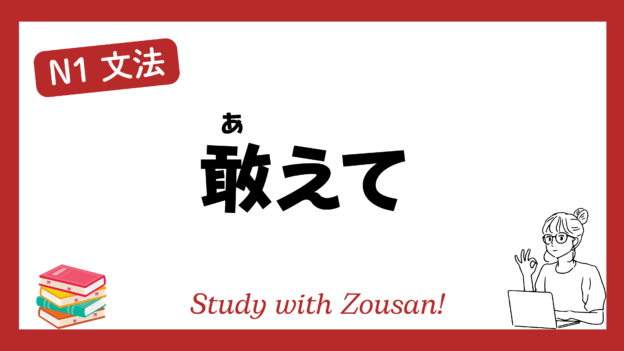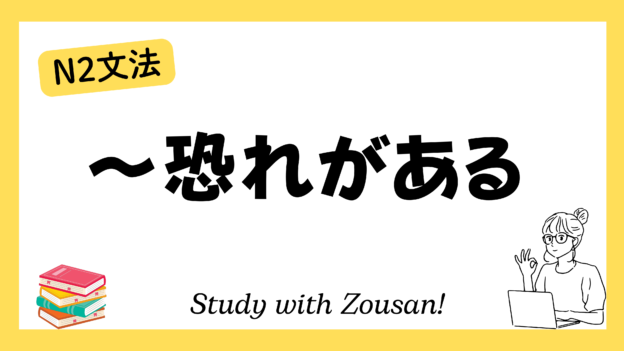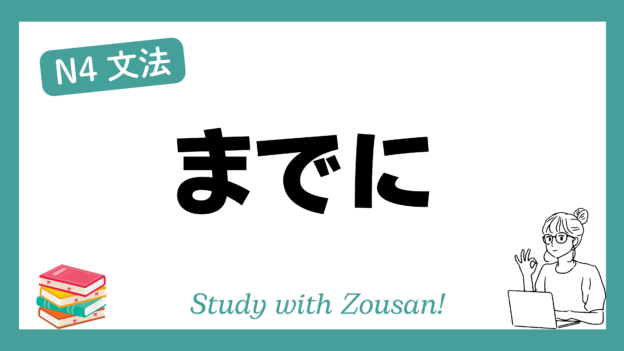N3文法:あまりにも
Meaning: “Too…”, “Excessively…”
This structure is used to emphasize that something is too much or excessive in degree, often leading to a surprising or unintended result. It highlights that the subject is beyond what is considered normal or acceptable.
※Note: “あまりにも” is often used in both positive and negative contexts to emphasize an extreme or overwhelming state.
Structure:
| あまりに(も) + | Verb |
| Adverb | |
| Adjective | |
| あまりの + | Noun |
Example:
-
-
-
🌟 あまりにも疲れていて、すぐに寝てしまった。
(あまりにも つかれていて、すぐ に ねて しまった。)
I was too tired and fell asleep immediately. -
🌟 あまりにも静かで、少し怖かった。
(あまりにも しずか で、すこし こわかった。)
It was too quiet, and it was a little scary. -
🌟 彼の話はあまりにも複雑だった。
(かれ の はなし は あまりにも ふくざつ だった。)
His story was too complicated. -
🌟 あまりにも多くの人が集まっていた。
(あまりにも おおく の ひと が あつまっていた。)
There were too many people gathered. -
🌟 その映画はあまりにも感動的だった。
(その えいが は あまりにも かんどうてき だった。)
The movie was too emotional. -
🌟 あまりにも嬉しすぎて、信じられなかった。
(あまりにも うれしすぎて、しんじられなかった。)
I was too happy to believe it. -
🌟 彼女はあまりにも親切だった。
(かのじょ は あまりにも しんせつ だった。)
She was too kind. -
🌟 あまりにも忙しくて、昼食を取る時間もなかった。
(あまりにも いそがしくて、ちゅうしょく を とる じかん も なかった。)
I was too busy to even have time for lunch. -
🌟 あまりにも短い時間では、準備ができない。
(あまりにも みじかい じかん では、じゅんび が できない。)
With such a short time, it’s impossible to prepare. -
🌟 あまりにも突然のことで、驚いてしまった。
(あまりにも とつぜん の こと で、おどろいてしまった。)
It was so sudden that I was surprised.
-
-









